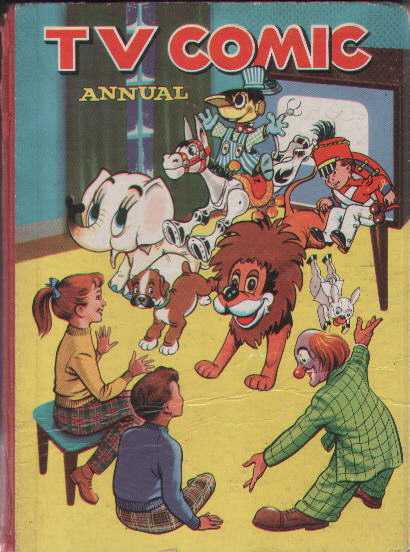The 1950s were a transformative decade for television, marking the beginning of what many consider the Golden Age of the medium. During this era, TV shows not only entertained millions but also played a pivotal role in shaping modern entertainment as we know it today. These programs introduced innovative storytelling techniques, memorable characters, and cultural phenomena that have left an indelible mark on popular culture.
From sitcoms that brought laughter into living rooms to dramatic series that captivated audiences with their suspenseful plots, the 1950s laid the groundwork for future generations of television creators. This article explores the top 10 popular TV shows from the '50s that continue to influence contemporary media, celebrating their legacy and impact on the evolution of entertainment.
Classic Sitcoms: A Look Back at the Golden Era
The 1950s saw the rise of iconic sitcoms that became household names, setting standards for comedy writing and character development. Among these classics was I Love Lucy, which aired between 1951 and 1957. Starring Lucille Ball and Desi Arnaz, the show remains one of the most beloved sitcoms in history due to its clever humor and relatable situations. Its success paved the way for other successful comedies during the decade.
Another standout was The Honeymooners, featuring Jackie Gleason as Ralph Kramden, a bus driver whose antics often landed him in humorous predicaments with his wife, Alice. The show's focus on working-class life resonated deeply with viewers, making it a staple of early television. Similarly, Father Knows Best offered a more wholesome take on family dynamics, showcasing suburban life through the eyes of a loving patriarch.
These sitcoms not only provided light-hearted entertainment but also reflected societal values and norms of the time. Their enduring popularity is a testament to their ability to connect with audiences across generations, proving that good storytelling transcends eras.
Western Adventures: Heroes on the Frontier
Westerns dominated the airwaves in the 1950s, offering thrilling adventures set against the backdrop of America's frontier days. Shows like Gunsmoke captivated audiences with tales of lawmen enforcing justice in rugged towns. Running from 1955 to 1975, it became one of the longest-running primetime dramas in American television history, thanks to its compelling narratives and charismatic characters.
Have Gun – Will Travel added another layer to the Western genre by introducing a sophisticated gunslinger named Paladin, who used his intellect alongside his revolver to solve problems. This approach broadened the appeal of Westerns beyond traditional action sequences, appealing to viewers seeking intellectual stimulation alongside excitement.
With their emphasis on morality, courage, and resilience, these Westerns instilled valuable lessons while providing escapist entertainment. They remain influential in shaping how we perceive heroes and heroism in both fictional and real-life contexts.
Cultural Phenomena: Beyond Entertainment
Beyond sitcoms and Westerns, several other types of programming emerged during the 1950s, leaving lasting impressions on society. For instance, variety shows such as The Ed Sullivan Show showcased diverse talents ranging from musicians to comedians, becoming platforms for emerging artists. It famously featured performances by Elvis Presley and The Beatles, cementing its place in pop culture history.
Science fiction also found footing in the '50s with groundbreaking series like The Twilight Zone. Created by Rod Serling, this anthology program explored complex themes related to human nature, technology, and existential dilemmas. Its thought-provoking episodes challenged conventional thinking and inspired countless imitations over the years.
Together, these shows contributed significantly to defining television as a powerful medium capable of influencing public opinion, reflecting social issues, and fostering community engagement. As we look back at the best TV shows of the 1950s, it becomes clear why they are considered foundational elements of modern entertainment.

